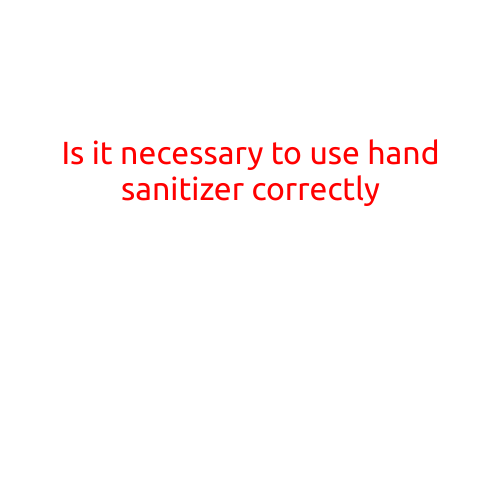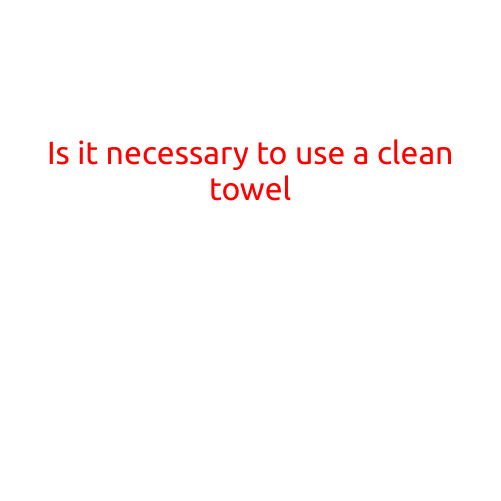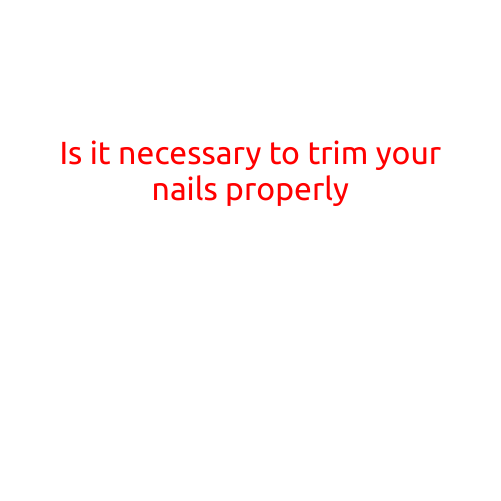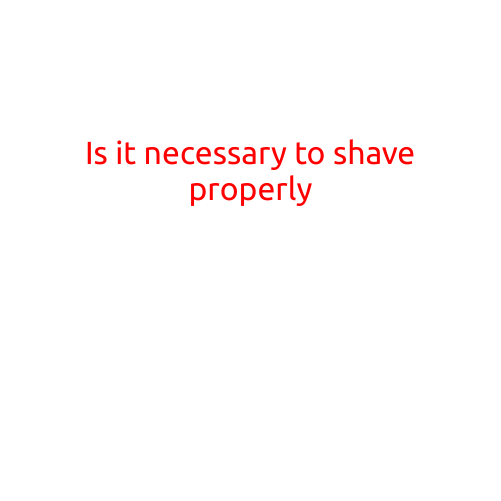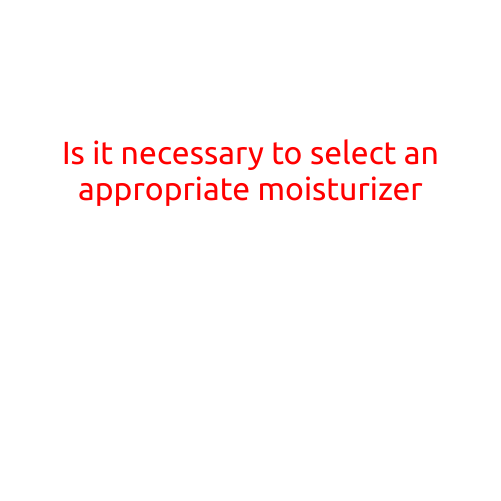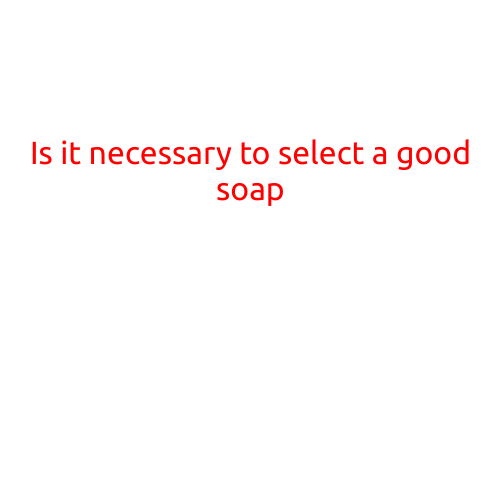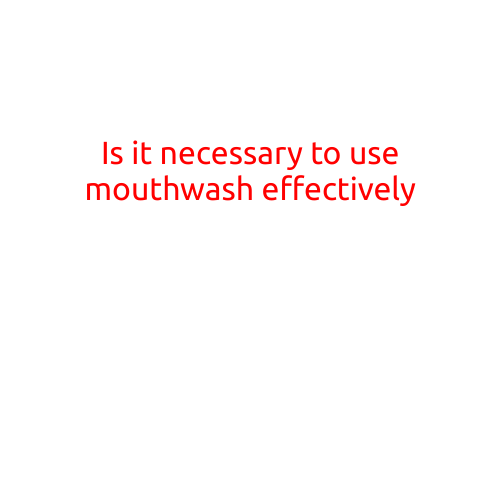
Is it Necessary to Use Mouthwash Effectively?
Mouthwash, also known as mouth rinse, is a liquid preparation that is used to rinse the mouth to help prevent or control oral health issues such as gum disease, tooth decay, and bad breath. While many people use mouthwash as part of their daily oral hygiene routine, some may wonder if it’s really necessary to use it effectively. In this article, we’ll explore the importance of using mouthwash correctly and discuss the benefits and risks of using it.
Benefits of Using Mouthwash
Using mouthwash can have several benefits, including:
- Reducing plaque and bacteria: Mouthwash contains ingredients that help kill bacteria and reduce plaque on the teeth and gums, which can help prevent gum disease and tooth decay.
- Fighting bad breath: Mouthwash can help eliminate bad breath (halitosis) by killing bacteria and freshening the mouth.
- Preventing gum disease: Regular use of mouthwash has been shown to reduce the risk of gum disease and its complications.
- Whitening teeth: Some mouthwashes contain ingredients that help whiten teeth, making them look brighter and shinier.
When to Use Mouthwash
Mouthwash should be used in addition to regular brushing and flossing, not as a replacement for these activities. It’s recommended to use mouthwash:
- After brushing and flossing: Use mouthwash after brushing and flossing to help kill any remaining bacteria and plankton that may be left behind.
- As directed: Always follow the instructions on the label and use the recommended amount of mouthwash.
- Twice a day: Use mouthwash in the morning and before bedtime to help maintain good oral health throughout the day.
Tips for Using Mouthwash Effectively
To get the most out of your mouthwash, follow these tips:
- Use the right amount: Use the recommended amount of mouthwash, as specified on the label.
- Swish it around: Swish the mouthwash around in your mouth for at least 30 seconds to allow the ingredients to reach all areas of your mouth.
- Don’t gargle: Avoid gargling with mouthwash, as this can push the bacteria and plaque further into the gums and teeth.
- Spit it out: After rinsing, spit out the mouthwash rather than swallowing it.
- Choose the right type: Choose a mouthwash that is suitable for your oral health needs, such as one that contains ingredients for whitening or anti-gingivitis.
Risks and Precautions
While mouthwash can be an effective part of a daily oral hygiene routine, there are some risks and precautions to be aware of:
- Ingestion of mouthwash: Ingesting mouthwash can be harmful, especially if it contains ingredients such as menthol, eucalyptol, or chamomile.
- Allergic reactions: Some people may be allergic to certain ingredients in mouthwash, such as benzocaine or sodium lauryl sulfate.
- Gastrointestinal upset: Some mouthwashes can cause gastrointestinal upset, such as stomach ache, nausea, or heartburn.
- Increased risk of tooth erosion: Using mouthwash that contains acidic ingredients, such as those used for whitening, can increase the risk of tooth erosion.
Conclusion
Using mouthwash effectively is important for maintaining good oral health. By using mouthwash as directed, swishing it around for at least 30 seconds, and not swallowing it, you can get the most out of your mouthwash and help prevent oral health issues. However, it’s also important to be aware of the risks and precautions associated with mouthwash and to choose a type that is suitable for your oral health needs. Consult with your dentist or healthcare provider if you have any concerns or questions about using mouthwash.
